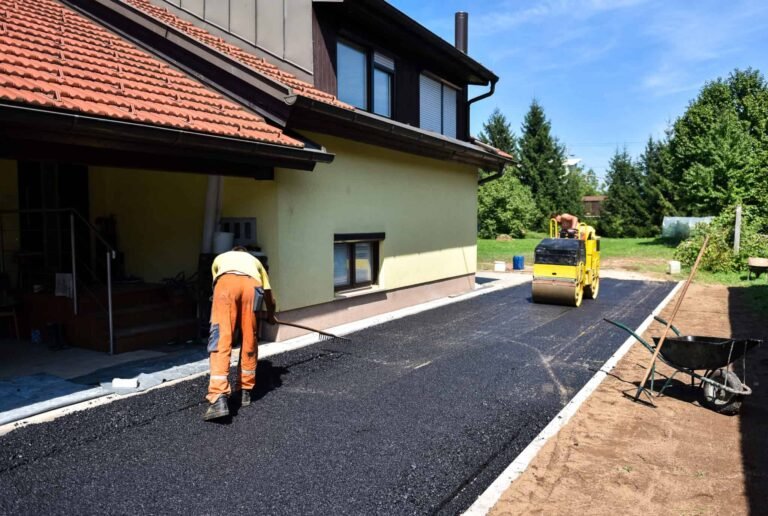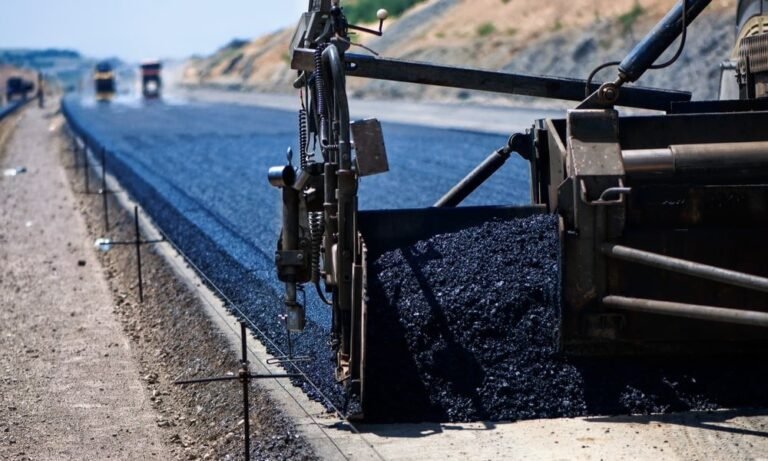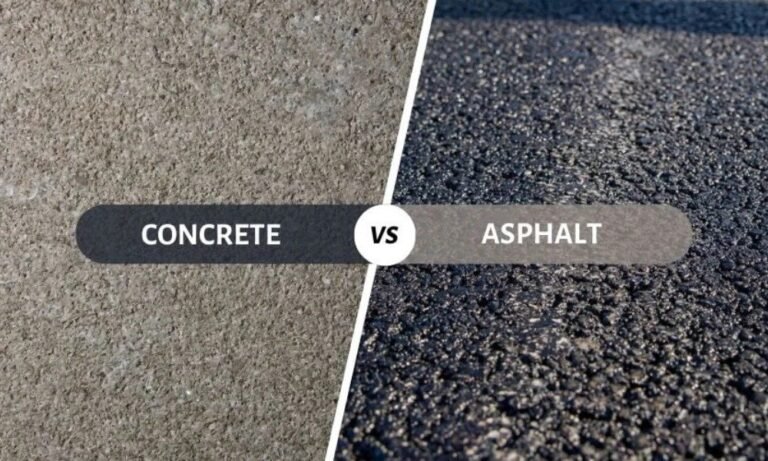Estimated reading time: 5 minutes
Asphalt is a popular choice for driveways, walkways, and parking lots due to its durability and affordability. Whether you’re upgrading your property or tackling a larger project, understanding the expenses involved can help you make informed decisions. With years of experience in the field, I’ve learned how small insights into pricing can save homeowners time, stress, and money. Let’s take a closer look.
What You’ll Learn
Here’s what I’ll cover:
- Key factors that impact pricing for these projects.
- Typical cost ranges for residential and commercial jobs.
- Practical tips to keep your budget in check.
- Common pitfalls to avoid when planning your project.
Key Factors That Influence Pricing
No two paving projects are identical. A variety of elements determine the final price tag. Here are the most significant ones:
1. Size of the Area
Larger spaces require more materials and labor, which increases expenses. That said, bigger projects often have a lower cost per square foot due to efficiencies in scale. For instance:
- Small Driveway (400-800 sq. ft.): Generally more affordable.
- Commercial Parking Lot (10,000+ sq. ft.): Costs more overall, though the rate per unit may drop.
2. Thickness of the Surface
The depth of the material is a major factor:
- Residential Projects: Typically use a thinner layer to handle lighter use.
- Commercial Projects: Require thicker surfaces to support heavy traffic and equipment.
3. Preparation Work
Proper preparation lays the groundwork (literally!) for a successful installation. This may involve:
- Leveling uneven surfaces.
- Removing old pavement or obstacles.
- Addressing drainage challenges to prevent pooling water.
Preparation costs vary based on the complexity of the site.
4. Location and Accessibility
Your project’s location affects everything from material transportation to labor costs. Urban areas might come with higher labor rates, while rural sites could see increased transportation fees.
5. Material Choice
The type of mix you choose will impact the overall cost:
- Hot Mix Asphalt: Popular for its durability and versatility but slightly more expensive.
- Cold Mix Asphalt: More affordable but typically used for temporary fixes.
6. Labor and Equipment
Hiring experienced professionals ensures quality work but adds to the budget. The size of the job often determines how much equipment and manpower are needed, influencing the total price.
7. Permits and Regulations
Depending on your region, you may need permits for your project. These can add a few hundred dollars to the final total, along with potential compliance costs for local regulations.
Typical Price Ranges for Paving Projects
Let’s look at what you might expect to spend on common projects:
Residential Driveways
- Cost Range: $3 to $10 per square foot.
- Example: A standard 600-square-foot driveway may range from $1,800 to $6,000 depending on thickness and prep work.
Commercial Parking Lots
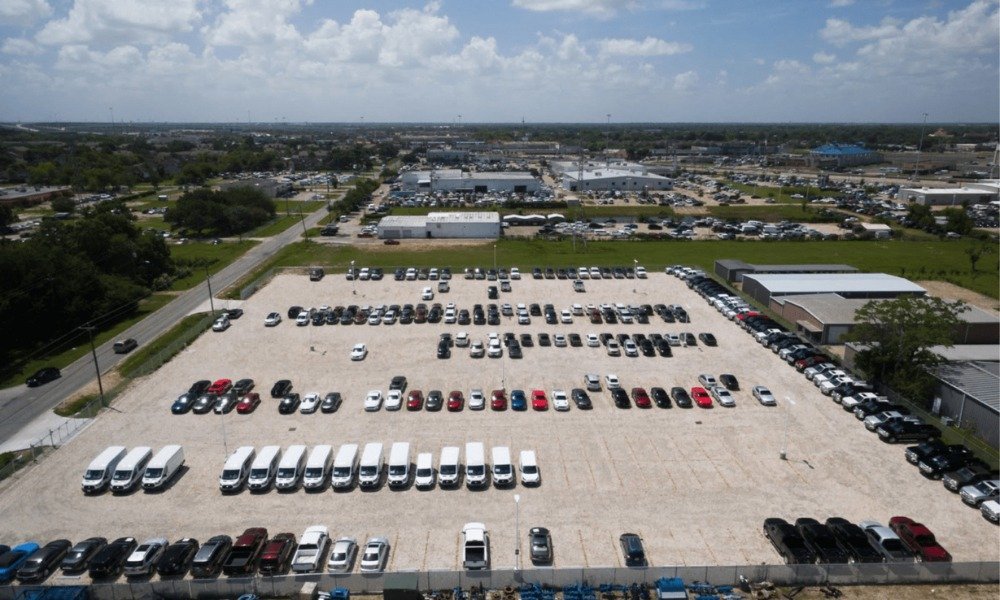
- Cost Range: Similar per square foot, though overall expenses are higher due to larger areas.
- Example: A 10,000-square-foot parking lot might range from $30,000 to $100,000.
For more information on material choices, check out my blog on Concrete vs Asphalt for Driveways.
Cost-Saving Tips for Homeowners
1. Plan During Off-Peak Seasons
Contractors are often busiest during summer. Booking your project in spring or fall may help you secure a better rate.
2. Invest in Maintenance
Regular upkeep extends the life of your surface, saving money in the long term. Simple measures like crack filling and sealcoating prevent costly repairs. For detailed tips, see my guide on Asphalt Maintenance.
3. Compare Contractor Quotes
Getting multiple quotes helps you find a fair price while ensuring quality work. Avoid choosing solely based on cost; expertise matters.
Common Mistakes That Drive Up Costs
1. Skipping Proper Preparation
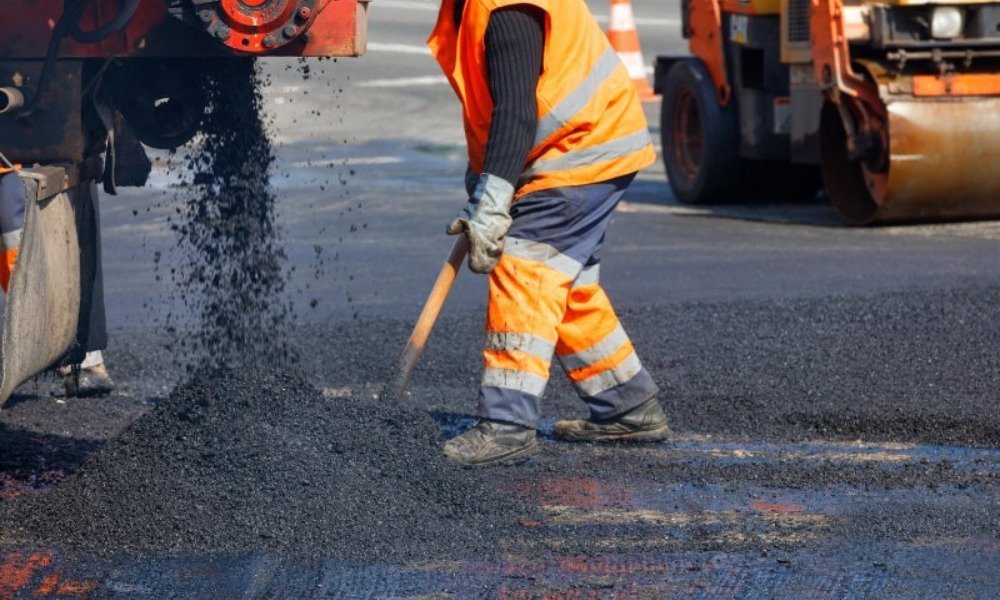
Cutting corners on site prep can lead to drainage issues and surface problems. Trust me, fixing these later is far more expensive than doing it right initially.
2. Choosing the Cheapest Option
A lower bid might seem appealing, but inexperienced contractors or poor materials can result in higher repair costs later.
3. Neglecting Maintenance
Regular care keeps your surface in top shape. Skipping upkeep leads to cracks, potholes, and premature replacement needs.
FAQs About Asphalt Projects
Q: How long does an asphalt driveway last?
When well-maintained, these surfaces can last 20-30 years.
Q: Is sealing necessary?
Absolutely. Sealcoating every 2-3 years protects your surface from weather, UV damage, and daily wear.
Q: Are there eco-friendly options?
Yes, recycled materials are increasingly used to reduce environmental impact. Learn more in my post on Sustainable Asphalt Choices.
Final Thoughts
Understanding the pricing of paving projects helps you budget effectively and avoid surprises. From choosing the right materials to planning during the right season, every decision affects the outcome. By working with experienced professionals and investing in regular maintenance, you’ll ensure your surface remains durable and attractive for years.If you’re ready to transform your property, reach out to a trusted contractor today. For more tips, explore my other guides, including one on Hiring the Best Paving Contractor. Your perfect surface is just a plan away!

